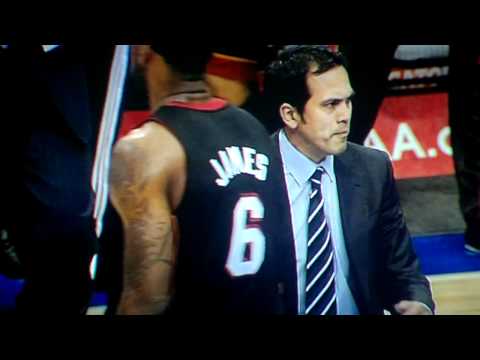Yesterday morning I tweeted out the link to my post examining the long-term payroll effects of signing Russell Martin, and within an hour or so two different people (@ASaunders_PSN and @hiddenvigorish) asked me the same question: If the potential exists for Martin’s deal to be a long-term problem with the Pirates’ rising arbitration commitments, why not sign Martin to a front-loaded deal?
My initial reaction to this was pretty straightforward; it’s not likely because baseball doesn’t really do front-loaded deals. That’s a dumb and objective reaction, though. In general, MLB teams don’t sign players to front-loaded deals for one of two reasons. The first is a reason that Pirate fans are familiar with; when you lock up a young player to a long-term deal, you’re often buying out pre-arbitration and arbitration years that exist within a tiered salary structure, plus a year or two of free agency, which is much more expensive than the cost-controlled seasons. Andrew McCutchen’s and Starling Marte’s deals are examples of this. The other reason is one that’s foreign to the Pirates. A player wants a certain dollar amount on his final contract line, and the team interested in signing him can only afford a certain salary in the short-term. They backload the deals with the intention of solving the money problem later on the basic assumption that there will be more money in baseball in the future anyway. The Angels are the best example of this right now: CJ Wilson, Albert Pujols, and Josh Hamilton all have ridiculously back-loaded contracts.
I couldn’t think of any front-loaded contracts off of the top of my head, but a bit of Googling revealed some recent examples. Of course the Cardinals were heralded as being super-geniuses for front-loading Jhonny Peralta’s contract last winter (there is some discussion of why contracts are back-loaded in that post; I don’t think I cribbed from it at all, but may have unintentionally done so), and they’ve generally avoided back-loading contracts with all of their big-name players (Holliday, Wainwright, Molina). Front-loading Peralta makes a ton of sense, because his bat is really good for a shortstop, but will be less useful if he has to change positions, and while he grades out as a strong defensive shortstop now his age (he’ll be 33 next May) and stocky body may change that in the coming seasons. Basically, the Cards will pay him like a starting shortstop now, and if he’s devolved into a super-sub by 2017 (the deal’s last year), they’ll pay him $10 million that year instead of the $15.5 million they paid him this year. Alex Rodriguez has a front-loaded contract, too, which, again, makes a lot of sense since he signed a 10-year deal as a 33-year old.
A front-loaded contract for Martin is a really interesting idea. Paying him less on the back end of the deal will give the Pirates more payroll flexibility in years down the road that are awfully hard to predict from the fall of 2014, and it obviously gives them some insurance if Martin declines or has health problems. It also makes some sense because we know the Pirates should have something like $8 million in reserve that they could have spent on free agents last year, but didn’t. If the Pirates do want to do this, it seems like their inactivity last winter allowed the stars to align a bit.
There is, of course, one drawback to this plan: the Pirates have no pitching. Using Monday night’s math, the Pirates have something like $30 million to play with this winter (maybe more, if you count that unspent $8 million, maybe less, if we’ve mis-guesstimated the TV money or the team’s increased revenue from increase attendance). If you give something like $20 million of that to Martin to front-load his contract, then what do you do about a rotation that currently has Vance Worley as its second best starter, Jeff Locke as its third best starter, and literally nothing consistently useful beyond that? The Pirates probably need to add two starters this one, and at least one of them should be a step above a Justin-Masterson-level project (the second one will be Justin Masterson, because, I mean, c’mon, that dude has Pirate written all over him). That won’t be cheap, and so front-loading Martin’s contract could leave the Pirates to start 2015 with a rotation situation even worse than their 2014 rotation situation, which was arguably the worst in baseball*.
If Martin and his agent are willing to listen to an unconventional offer, the Pirates’ best chance to keep him might be to pile a ton of money into 2015, then keep the average salary from 2016 onwards down to help them deal with rising and unknown future arbitration costs. I still think that the Pirates signing Martin is an awful long-shot. If they are going to pull it off, it’ll likely take some outside-the-box thinking, and so ideas like this are definitely worth exploring.
Image credit: John Ragai, Flickr
Add The Sports Daily to your Google News Feed!
